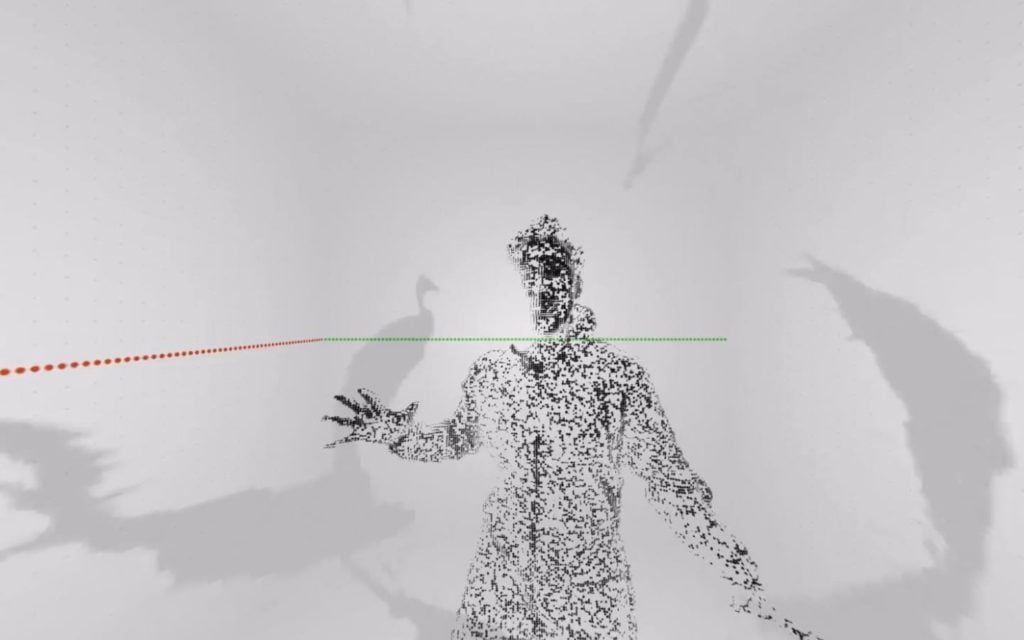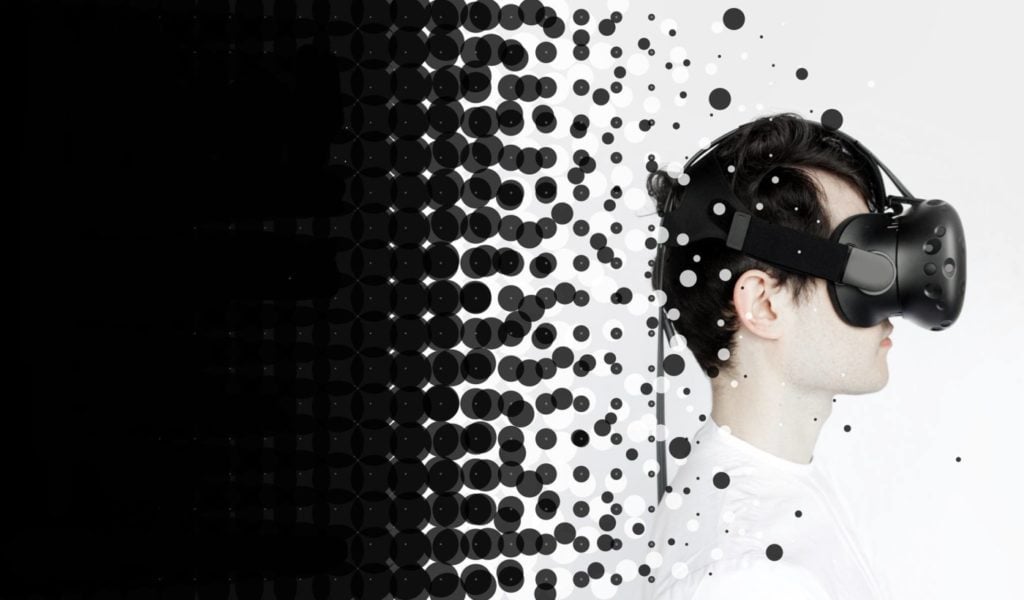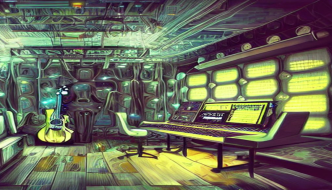
Sian Ellis sat down with Ben Carlin, the man behind Epiphany VR, Sheffield’s newest virtual reality creative company.
How did Epiphany VR come about?
I’m a theatre maker, or I guess I was to start with. My dissertation was all about new and emerging technologies in theatre and I’m a big fan of immersive and interactive theatre experiences. I had just started to see these things on Youtube and Reddit about virtual reality and I thought ‘Oh wow. How interesting would it be to put those two things together?’ and I think I was just quite lucky that I was getting really interested in this and I had just finished university at the time when virtual reality was taking off. So I had this love of digital theatre and I got really interested in this particular Youtube video that I saw where someone had used an Xbox Kinect sensor to 3D record a performer and placed them in a game rendered environment. I thought “I really need to do this, this is really interesting” and so I got in touch with the guy who made this video who was based in Nottingham and we set up the company. Our first project was very basic where we just put some actors in a virtual environment and then when we got further funding we did the Memories Of Now project and with each project we did started getting more artists to jump on board.
So how does New Template fit into this vision? What’s it about?
It’s about Artificial Intelligence and it’s exploring that idea of what happens if you get to the stage where the progamme that you’ve created, this Artifical Intelligence, becomes conscious and isn’t necessarily following the line of code that you pre programmed it to anymore, it’s gone kind of rogue. What do you do with it then? So it follows a computer programme and its journey.
So it’s about what’s next for Artifical Intelligence and when will it get away from what people invented?
Yeah exactly. It’s all about this idea that were moving towards this singularity point. The processing power is speeding up rapidly and I think that within 20 years or so we will have some form of general artificial intelligence which could be at a human level, and so this piece kinda playfully engages with that theme. We’re trying to reimagine what that might be like from a programmes point of view inside of this environment that’s been made by humans.
You’ve touched on this a bit already talking about your background and how you’re really interested in immersive theatre, but why specifically have you chosen virtual reality to be the medium for this project?
The very nature of this project is all about computers and it just seemed very relevant that we’re telling a story about Artificial Intelligence so we should put the audience into a computer. The whole aesthetic is important, too. With this technology you can get a very grainy quality and you can tell that the actors are humans but we use to the virtual reality to give this impression of a human that’s not quite fully formed. The other thing is how it allows us to play with the scale. The piece starts off in the confines of a smaller space and it then becomes a lot bigger throughout and to actually physically recreate that you’d have to have a massive budget that we just wouldn’t have. I just don’t think that we could have as perfectly done it and told the story that we wanted to if we had physically created it.

So what makes it different to other vr projects that have happened before?
We wanted to create a bespoke box that the audience can go in where you feel safe to move and explore and you feel like there are no distractions around you and so we built this 3m by 3m box and importantly the virtual walls marry up with the physical walls and so you can go up to something and touch it and it physically is there and this heightens the sense of immersion. We’ve also used the Xbox Kinect sensor to 3D record the performance and so we haven’t animated it or rigged game characters it’s more like we’ve taken the raw data from the kinnect sensor and it given a really different quality to the acting as you’re not looking at a rigged character that’s almost like a puppet you’re looking at a real actor so there’s something more lifelike about actually seeing a real actor in the space. That’s one thing I haven’t seen done before in virtual reality yet, but I think that there are so many claims for virtual reality that your a world first but I just know I haven’t seen that done before.
But it could well be a world first?
Yeah, exactly. The other unique things about it is the way in which we’ve approached it. We’re not a game studio and we’re not a TV production company. Our roots are grounded in theatre and so the whole rehersal process is from a theatrical view point as opposed to TV or game production.
So how do you think virtual reality if at all, is changing the arts?
What I think its doing is that its allowing interdisciplinary collaboration and I think its really amazing that our company consists of theatre makers, programmers, sound designers… you’ll get so many different disciplines coming together to create this new paradigm of storytelling and it’s nice to see people who are more techinically minded be able to express themselves more creatively through the project.
I think one of the powerful things about virtual reality is literally that sense of immersion presence and the empathy you can get when you can step into someone else shoes or you can instantly be transported to another place and you can shift someone’s perspective so for example maybe you’re seeing something from a child’s eyes and so your suddenly physically smaller in the experience and so you can really start to get a message across to the viewer a lot quicker because you’re no longer just looking at a 2d screen but you’re in the experience and you have agency and it’swhat I think actually works really well for theatre because in film you’ve got the director and you’ve got that frame and everything in it, this perfect framing whereas with this it’s like you can look around everywhere so you’ve got to direct it yourself.
And what would you say to anyone thinking of coming to see it who hasn’t tried virtual reality before?
I think its really hard to explain without putting the headset on but if you’re already into interactive perfomance or participatory theatre then you’ll absolutely love this as it’s like that except everything you see around you is digitally rendered. It’s explorative you can pick things up, you can interact with things and watch the story the way that you want to watch it. You can walk around it and you feel like you’re there. I think that’s the main thing, you don’t feel like your distant from it, you’re in it. So I would say just come along and try it.
What’s next then for Epiphany VR and New Template?
We’re working on a local poetry app at the moment called ‘Sheffield Verse’ which we’ll be launching the start of during Off the Shelf Festival. In it we’ve 360 recorded local poets across Sheffield, and want to make the recordings globally accessible. We’re hoping that all of our projects will become available across the world to watch.
Filed under: Film, TV & Tech
Tagged with: AI, Artificial Intelligence, Ben Carlin, epiphany VR, Memories of Now, Reddit, Youtube


Comments